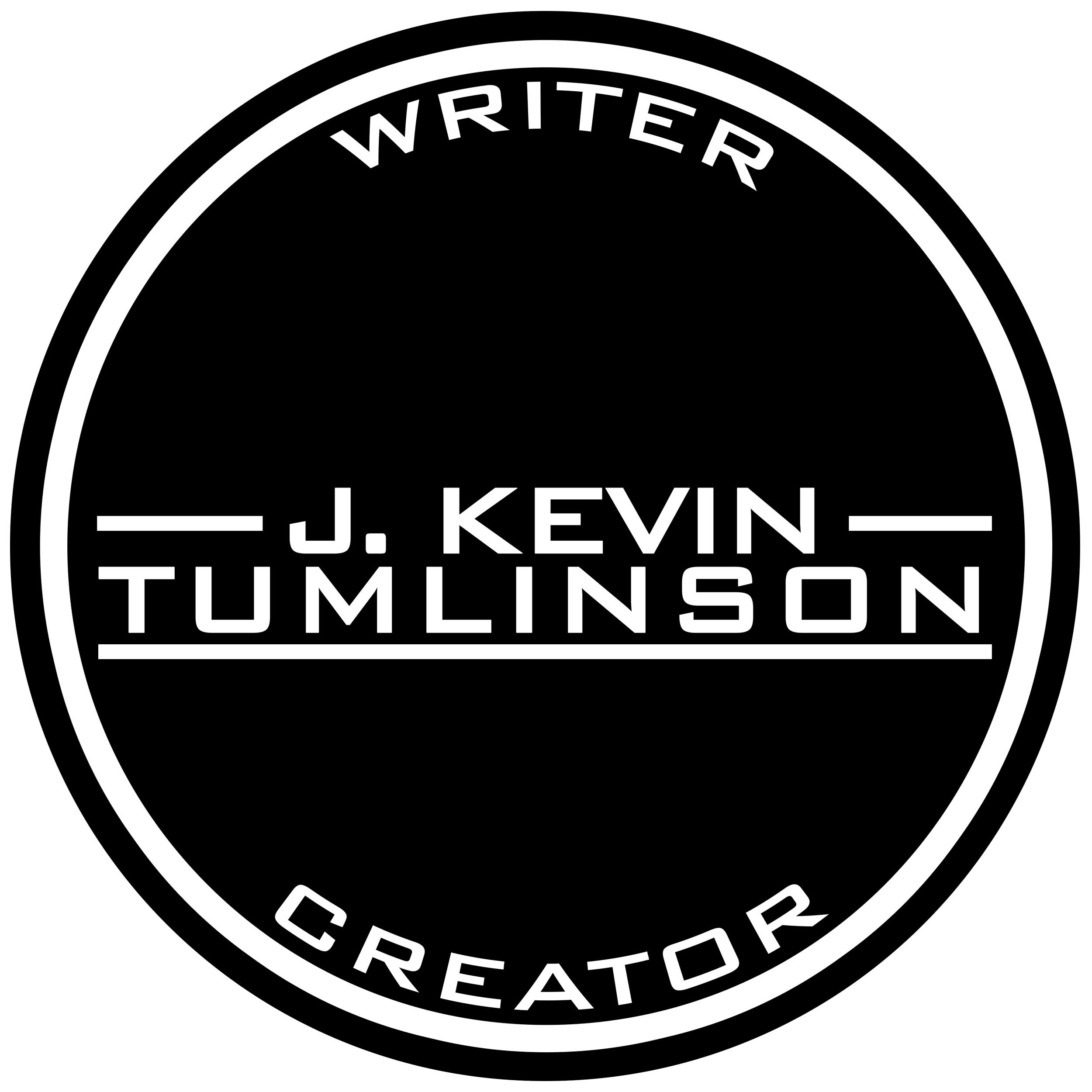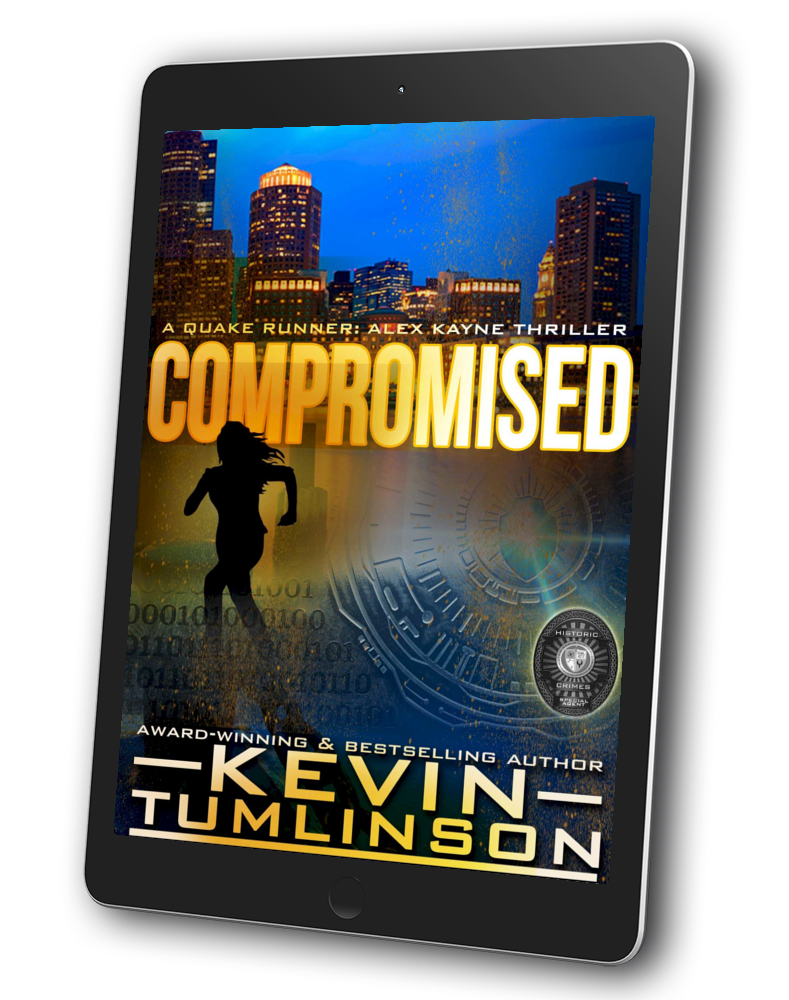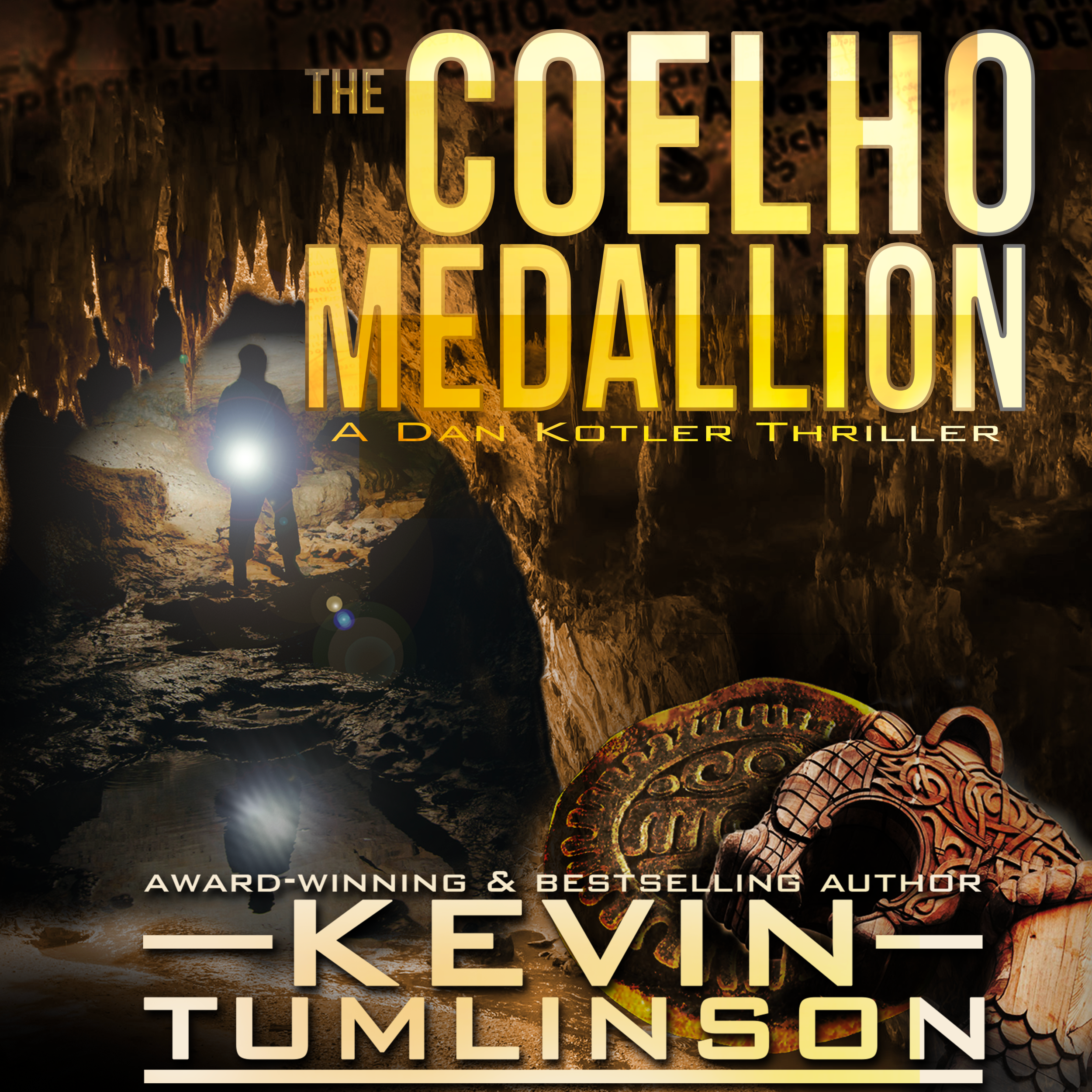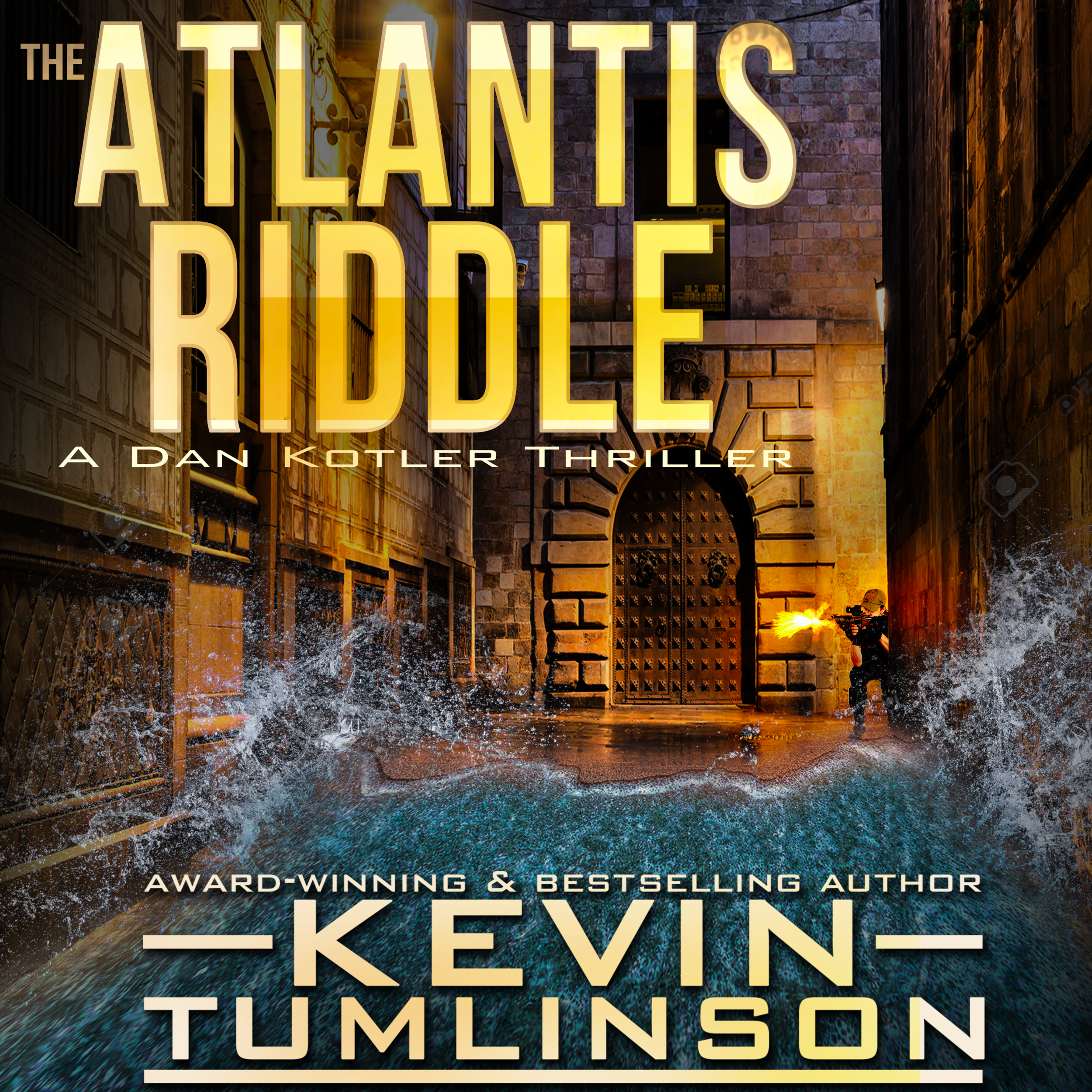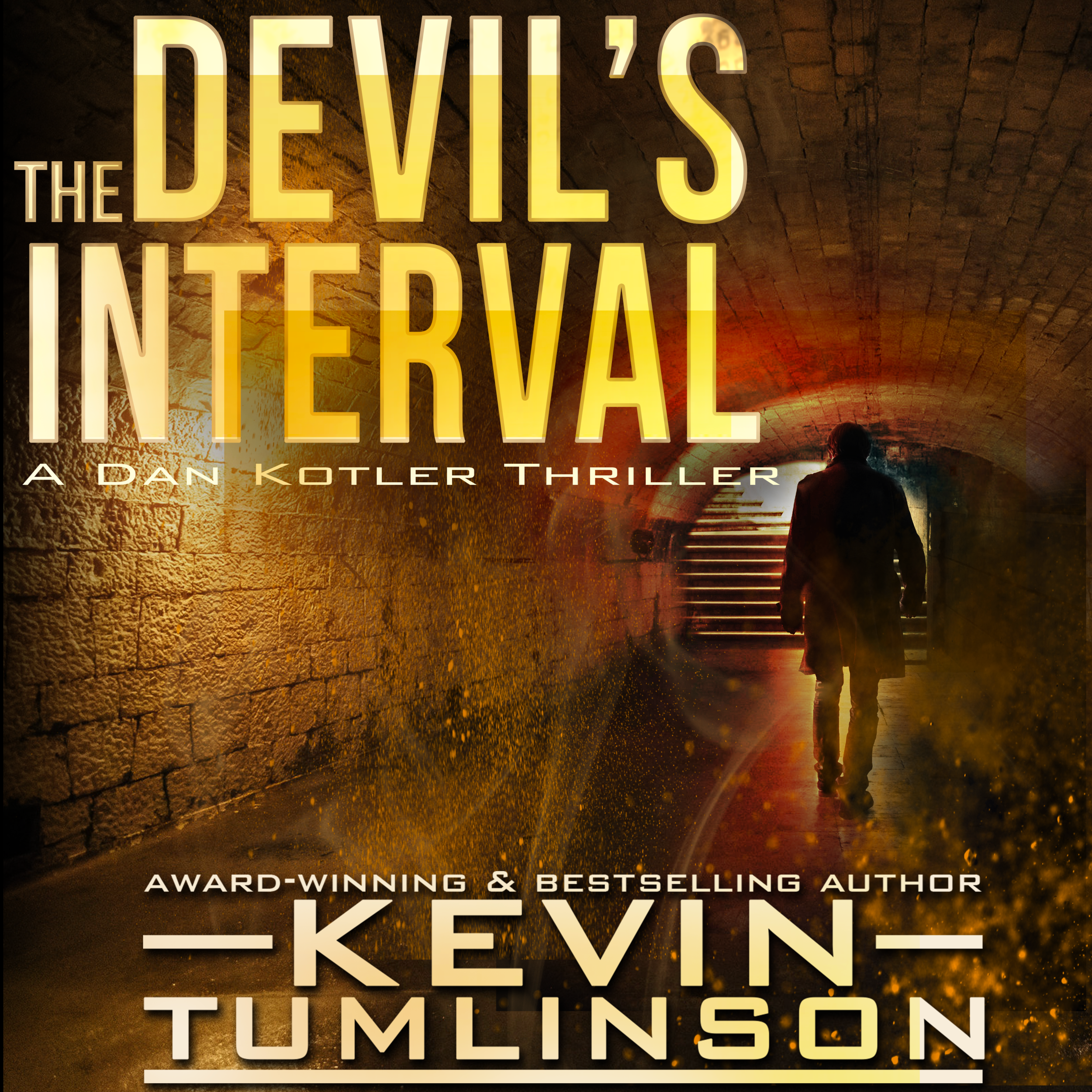As promised, Dr. Dan Kotler did me a solid and set me up with his friend and partner against crime, Agent Roland Denzel. This time, I’m catching up with Agent Denzel in Orlando, Florida, as he’s helping out with a case in the area. He’s graciously taken the time to sit with me for a couple of hours in my hotel room, early this morning. Once again it’s coffee, which Agent Denzel takes strong and black.
He’s wearing a suit—the sort you’d expect from an FBI agent, but it still feels jarring to me. The weather outside, even at 7 AM, is muggy and humid. Plus, because this is my hotel room and because I’m driving on the first leg back to Texas in a few hours, I’m dressed decidedly less formal than my friend. My khaki shorts and blue-palm Hawaiian-print shirt are a stark contrast to the stiff and formal “uniform” of an FBI agent.
We make do.
Denzel is sipping his coffee while seated across from me at the little round breakfast table in my suite. He’s checked his watch twice since sitting. And now that we’ve gotten past the formalities of a polite greeting, we begin.
Kevin Tumlinson: Agent Denzel... can I call you Roland?
Roland Denzel: Sure. Unless I have to arrest you for something.
[I have to admit, Denzel’s dry humor doesn’t always hit, but I get it. The trick is to remember that he’s only ever half joking]
KT: [laughing nervously] So a couple of weeks ago I had a chance to chat with your partner, Dr. Kotler. I’ve had the pleasure of writing about the two of you for the past six years. Hard to believe it’s been that long.
RD: Six years? It’s hard to believe Kotler’s been in my life that long. Feels longer.
KT: He has a lot of very good things to say about you.
RD: [looking slightly uncomfortable, shifting a bit in his chair] Kotler is... unique.
KT: That’s one way to put it. But how do you mean?
RD: I’ll just say he’s a good man. Smart. Maybe too smart, sometimes. But he puts it to good use. Most of the time.
KT: What about the rest of the time?
RD: The rest of the time, Kotler likes to toe the line. Don’t get me wrong, he’s one of the most ethical guys I’ve ever known. But being ethical isn’t always the same as being a rule follower. Kotler is not exactly a rule follower.
KT: And what about you? Are you a rule follower?
RD: [thinks for a moment, then nods] I am. I’ll admit to giving Kotler a lot of rope, but there are lines I won’t cross, and so I won’t let him cross them either. I wear a badge, and I took an oath. Several oaths. My job is to serve the laws of this country, to protect the lives of citizens, and to put bad guys behind bars. To do that right, you have to stick to the rules. You have to know where the lines are, and you have to be the one who stays inside of them.
KT: Sounds like a tough way to live, honestly.
RD: I’ve never understood people who could live with themselves after stepping over the line. Any time I’ve ever done it, I’ve regretted it. I feel like a hypocrite. I know that sometimes you have to choose to do the right thing even if it means doing something wrong. That’s life. But the job is to enforce the rules, and I have a hard time doing that if I’m the one breaking them.
KT: Fair enough. I suppose that comes from a lifetime of serving your country. You’re actually a decorated war veteran, aren’t you?
RD: [Nods, but doesn’t say anything]
KT: Is that something you’d rather not talk about?
RD: [considers] I guess it’s something I’ve already talked about enough. I was in Special Forces, and served in Afghanistan. We ran a lot of missions, and I served with some incredible people. But... well, it happens sometimes, that you lose even the good people. And when that happens, you start to realize a few things. That life is pretty short. That no matter how good you are, there’s an end coming, some time. You also start thinking about why you do what you do. I went into the military because I wanted to serve my country, but I only had this sort of vague idea about what the country was, you know? I was thinking flags and picnics on the Fourth of July. I was thinking church and freedom of speech, and all the rights laid out for us in the Constitution. But there was this mission—it went bad. I was trapped under a ton of sand and rock, and I could hear all the people I served with getting gunned down by the bad guys. It... it effected me. It’s still with me. I dream about it. Sometimes... sometimes I’m in an elevator, or in a crowded place, and it comes back to me. I’ve dealt with it, don’t get me wrong. I’ve had therapy for PTSD. And Kotler... Kotler’s taught me a few mediation tricks. It’s helped. But the thing I’ve never forgotten about that day is that these people I served with, the people being shot down out in that tunnel, they were dying for something bigger than apple pie and fireworks, or even church pews and protests. It was all about the people. Human beings who lived and worked and spent time with their families. Those people are in constant danger. They’re always on the verge of having every bit of that taken away. So somebody has to be there to help them. Some guy who follows the rules, who crawls out of a hole in the sand and picks up a gun and does his job.
[There’s a moment of quiet, and Denzel is staring into his coffee. I wait. It feels reverent, and I don’t want to interrupt.]
KT: That guy with the gun, the one who crawls out of the hole and risks everything to make sure people can have that apple pie and march in that protest... that’s you, then.
RD: [looks up like he forgot I was there] Me. Kotler. A thousand other FBI agents and consultants. Every soldier who ever took a bullet. I’m not alone.
KT: No, definitely not. And you’ve actually served in a number of ways.
RD: [nodding] Yeah. Military, police, DEA, FBI. And now Historic Crimes. I’m still FBI, but the job has changed a little. I’m taking on a different kind of case these days. Usually.
KT: You used to run Historic Crimes, when it was first created. Now Dr. Liz Ludlum is the Director. She used to work under you, didn’t she?
RD: Yeah, when we were just a subset of White Collar Crimes. She was my Forensic Lead. She’s damn good at it.
KT: Any resentment, now that she’s your boss?
RD: [shakes his head] Not even a little. She can have it. When I was behind that desk all I could think about was getting back out into the field. I really needed to stay focused on the job, but I kept wandering away, dealing with trouble. Mostly trouble Kotler brought around.
KT: And for that I’m grateful. The trouble you two get into is paying for my house.
RD: Well... you’re welcome, I guess? I can say that with Kotler around, it’s never a dull moment. Except for all the research. But even that ends up leading to some kind of dangerous situation. Kotler is just kind of a magnet for it. I think I’ve been shot four times since he and I have been partners.
KT: So now you’re working under Historic Crimes, Dr. Ludlum is in charge, Dan Kotler is still your partner. Seems like things may have settled into kind of a routine.
RD: If you can call it that. But there’s always something brewing. And now I’m taking on another project, within Historic Crimes. Kind of a... well, kind of a task force, I guess.
KT: The Outsiders?
RD: I can’t really talk about it much. Not yet. But yeah. I’m not that fond of the name, if I’m being honest. But what I can tell you is that there’s sometimes a need for people who operate a little less like me and a little more like Kotler. The world sometimes needs people who can push the line without going over. And those people need someone who tells them where those lines are, and makes sure they don’t cross them. That’s me. And I’m going to be working with Kotler, but also with a couple of other agents, and an asset who is really kind of over all the lines anyway. She’s a fugitive with some kind of robot that helps her stay on the run.
KT: You’re talking about Alex Kayne and... well, I mean, it’s not a robot, it’s an AI. You’re talking about QuIEK? The artificially intelligent quantum program she designed?
RD: [shrugs] She’s a confidential informant, but we know she’s out there doing her thing. Our orders are to arrest her. But since we can’t get close enough to even sneeze on her, we’re making the best of it by using the intel she gives us. I think it’s kind of a dicey game, but so far she’s come through. We’ve taken down a lot of bad guys because of her.
KT: But you’ll still arrest her, if you get the chance?
RD: Until the people I report to tell me otherwise, she’s a fugitive. And my job is to take her in. So yeah, I’ll arrest her.
KT: You have a complicated life, Agent Denzel.
RD: [pauses, considers] I’ve never really thought of it that way. To me, things are simple. Or should be. My job is to make things simple, in a way. We can’t pick and choose which rules and laws we obey. We have to do what’s right. Sometimes there’s a conflict of interest between what’s right and what the rules dictate. When that comes up, you have to make a judgement call. My job is to make sure I have good judgement, always. And to live with the consequences when I don’t. I’m prepared for that.
KT: I think the world is in good hands then. I also think it’s time we wrap up, so you can get back to taking down the bad guys and saving us all from the evils of the world. I appreciate you taking the time to chat.
RD: Thanks for the coffee.
With almost no further word, Agent Denzel gets up, finishes the coffee, and places the cup next to the sink. He nods to me as he leaves. And as I bid him farewell, I can’t help thinking that he’s maybe the most pragmatic character I write. He’d be considered “lawful good” in the gaming world. And knowing that, it’s a wonder to me that he and Dan Kotler could even be friends, much less partners.
But knowing them both, and having written them for six years now, I think I understand their relationship. At least a little.
They are both men of integrity, and both driven by a sense of what is right and what is wrong. That’s their common ground. The fact that Kotler is willing to bend or even break rules, and sometimes just ignore them all together, doesn’t change the fact that he’s out to do right, or to make things right.
Denzel is the same way in at least that regard. He’s intent on doing the right thing. He’s much more of a rule follower, but he’s wise in his way—he knows that the world isn’t black and white. Or rarely is so. And because of this, he’s decided that it’s his role to be the rule follower, and the role of others (Kotler) to be the rule benders.
He’s there, always on guard, to make sure someone like Kotler doesn’t go too far. But he knows that the Kotler’s of the world have to have more leeway if they’re going to keep the rest of us safe.
Kotler needs Denzel. And Denzel needs Kotler. And the world needs them both.
I hope you enjoyed this interview with Agent Roland Denzel. I’ll be doing more interviews with my characters over time, and may even get some of them back in the chair for follow-ups. Stay tuned.
And please be sure to leave questions and comments below. Share this interview with your friends and family. And of course, find Agent Denzel, Dan Kotler, and a whole cast of other characters when you read my books.
YOU ARE READING SIDE NOTES
Side Notes is an extension of my Notes at the End, which are author’s notes that appear at the end of every one of my novels. If you like these posts, you’ll love the books.
If you’d like to support me (and see more posts like this) you can do me two favors: First, peruse my catalog of books and find something you’d like to read; and second, join my mailing list to become part of an amazing community of readers and friends I interact with regularly. Thank you for your support!
